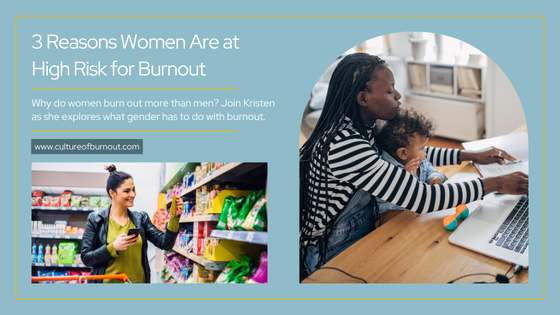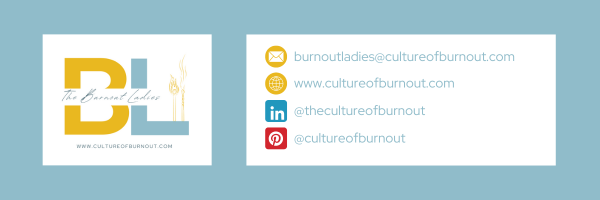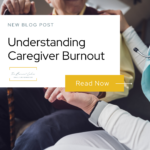
The data on burnout shows us that women are at a high risk for burnout. It’s possible that’s because men aren’t taught the signs of burnout in their own lives. For this one, let us take as fact that women are at high risk for the problem.
Why?
Great question, so glad you asked. Here’s three main reasons:
- Our culture programs women to be caregivers
It’s a cultural assumption that women want to be mothers and that it’s a core part of their lives/identity. For a lot of women (not all), that’s true! This has a few consequences. First, if someone doesn’t want to be a mother, this can lead to isolation from possible support networks. This can be a major contributor to burnout. Second, if someone wants to be a mother, society tells women they must balance it with earning a living. Women have to do all this without a social safety net (in the U.S. specifically) to support them.
Oh, and added bonus? When a parent gets ill, we know it’s usually the eldest adult daughter who usually takes over caregiving responsibilities, regardless of other siblings in the geographical area.
What does this say about American culture?
When you’re culturally programmed to be something, it’s hard to know you’re even allowed to question it, much less feel like you can. So women burn out over their professional responsibilities faster than their caregiving ones, because we’re taught that professional ones are optional and caregiving ones aren’t.
- It’s countercultural to ask for help
This is a core American belief that stems from our ideological founding in the 1600s. To be a good person, you have to work really hard and do it all alone. Therefore, asking for help is not just difficult for a lot of people, it actually feels wrong and like you’re a bad person if you do. There are cultural messages that you’re weak or pathetic when you ask for help, and for women, that’s even more so.
Our culture tells women that they have to have it all together. It tells them that they can “boss babe” themselves into success with a “tribe”, sure, but that tribe is never asked for actual, sleeves-rolled-up help. We’re very okay with having cheerleaders, as American women, we’re less okay with having helpmates.
- But what if…
Finally, there are so many questions around life as a professional, paid laboring lady. What if my kid gets sick and I have to take too many days off? What if my period is so terrible I can’t get out of bed, much less work my waitressing job? How do I get back into the workforce after taking time off? And while all Americans share the fear of leaving work and losing health insurance, it’s especially dire for anyone who menstruates or wants to have children. People stay in jobs that are toxic all the time to keep their insurance, and research shows the majority of them identify as women, especially in hourly pay roles.
So what does this all mean?
In short, humans who identify as women are at high risk for burnout. If you are one of those humans, or you love someone who is – what do you do?
We recommended cultivating a practice of keeping your Four R’s, which you can read about in our book, The Culture of Burnout. If that’s too much work right now, then we encourage you to find five minutes a day to do something fun that doesn’t you or someone else any money. Find joy, protect it, take some deep breaths, and remember you are, actually, allowed to ask for help.



